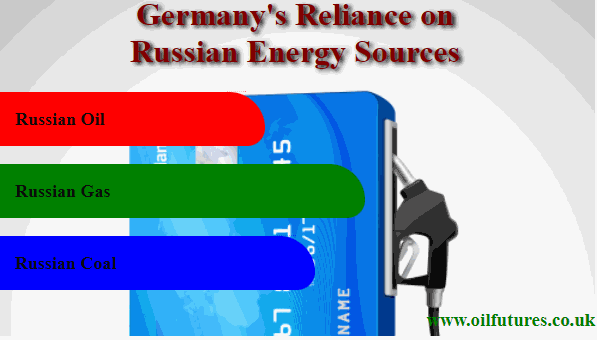The US crude oil stocks fell by 4.496 million barrels, defying the prediction of a crude oil build of 2.233 barrels, according to the API, American Petroleum Institute.
Analysts anticipated yet another build, in line with the huge crude build reported last week - 7.757 million barrels, while taking into account global uncertainties on many fronts.
The rising Covid-19 infections in China - and the alleged heavy-handed measures to curb the spreading - worried the analysts and investors, in anticipation of a significant drop in demand in the world's biggest consumer of the crude oil.
Although the situation is far from over, the Chinese authorities are determined not to let their guard down. The lockdowns, especially in commercially-important city, Shanghai, could spell an economic setback for China that already feels economic headwinds.
In addition, there are rising Covid-19 infections in India, the world's third largest consumer, as well. The authorities in New Delhi have made it compulsory to wear a mask.
In Europe, meanwhile, calls for outright banning Russian oil and gas are gathering momentum. Reaching an outcome that satisfies all, however, is easier said than done.
The following graph, for instance, shows the Germany's reliance on Russia for its energy. It is not easy for the Europe's largest economy to turn to alternative sources on a whim - when there is nothing around that is reliable and cost-effective.
If the width of the image represents the total need in each type, the bars represent that come from Russia.
Germany is not the only country in the European Union that face anxious times when it comes to meeting the corresponding energy demands; Italy and Austria are in similar situations too.
Russia's latest offensive in the east of Ukraine does not make comfortable reading for the major economies in the EU; they are already under tremendous pressure, both from the US and a sizeable population of each country to deviate from the Russian energy sources on moral ground.
In this context, it is hard to imagine fuel prices being stabilized in the near future, even if the global economy as a whole is going to suffer. The IMF has already admitted that it is the case.








